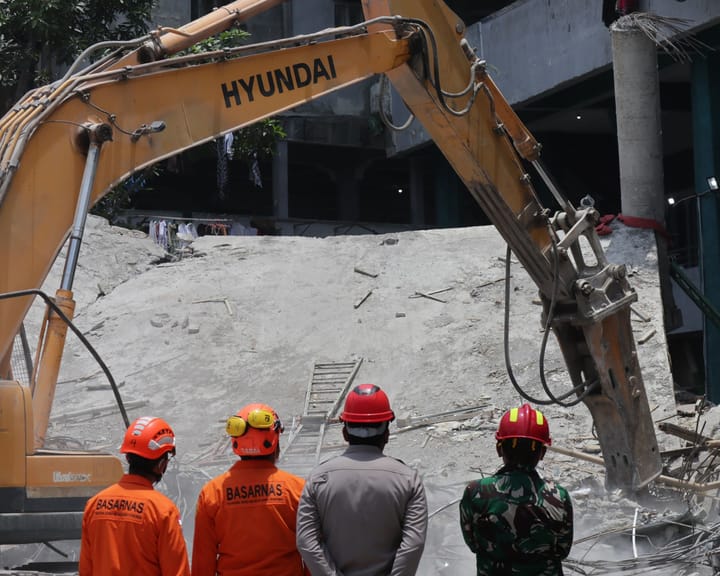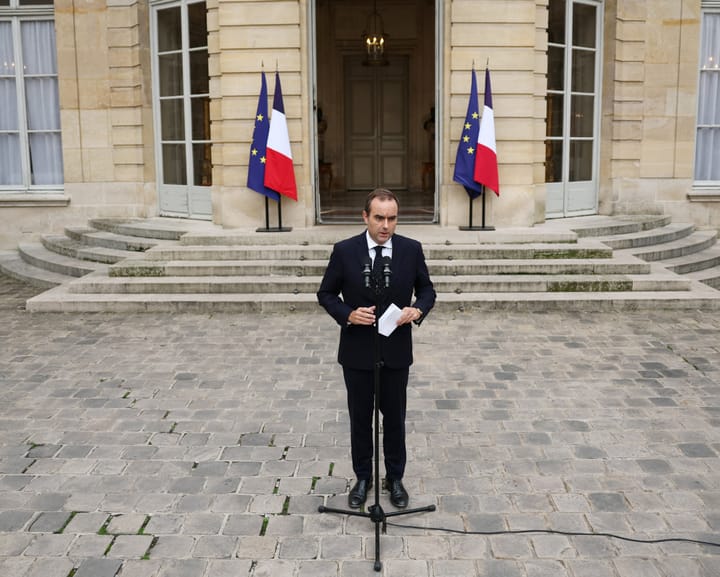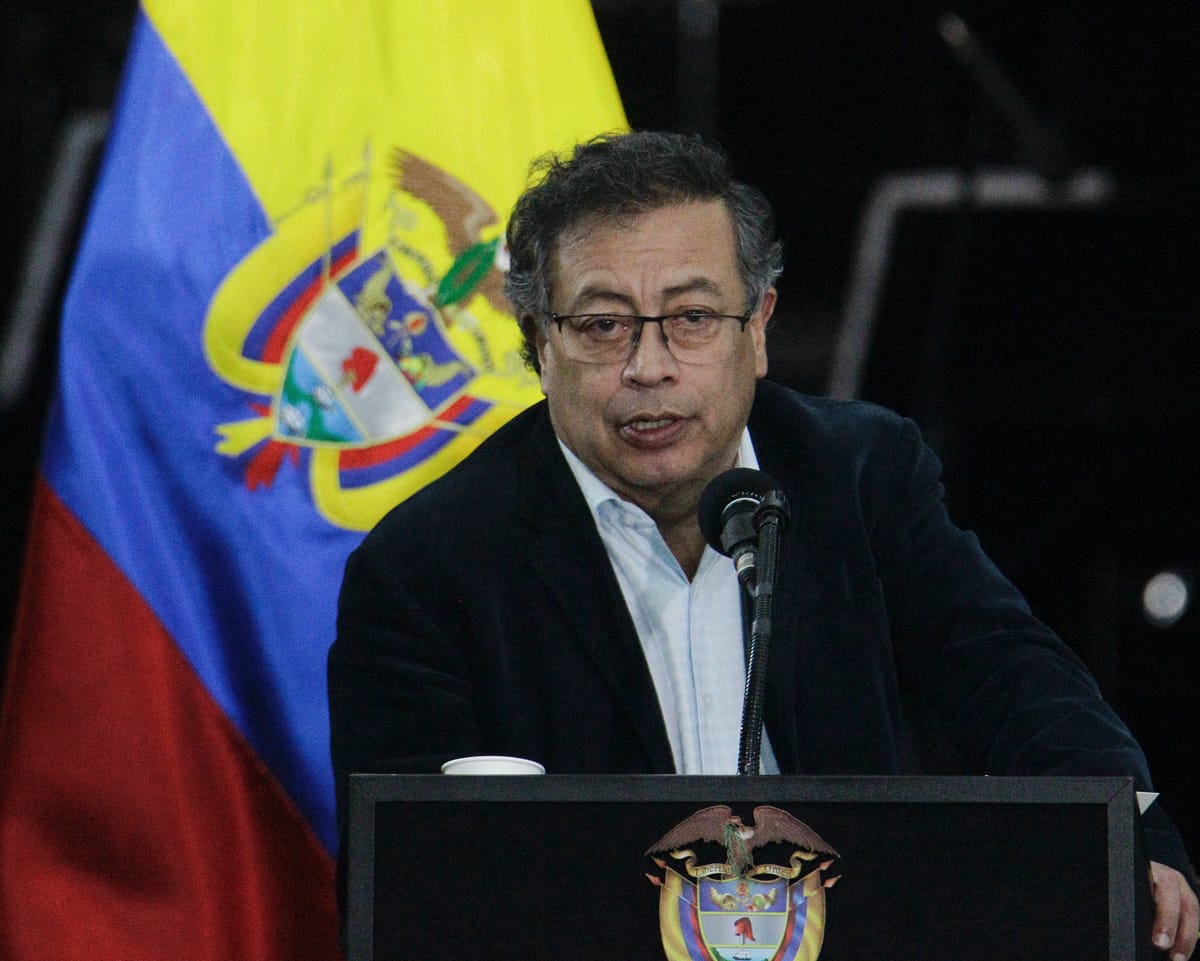Colombian President Gustavo Petro has sparked controversy in Washington after alleging that the U.S. was responsible for the deaths of Colombian nationals during a recent maritime operation in the Caribbean.
“A new conflict zone has emerged: the Caribbean,” Petro stated on his official social media account.
Since early September, the U.S. has carried out at least four aerial strikes targeting suspected drug trafficking vessels in the region, with the first attack reportedly killing 11 people.
The Colombian leader asserted there were “indications” that the latest vessel destroyed belonged to Colombia and that Colombians were aboard.
“I urge their families to come forward with information,” Petro added, though he did not provide further details or evidence backing his claim.
U.S. authorities have reported at least 21 fatalities from these operations. Defense officials claimed four “narco-terrorists” were killed in international waters near Venezuela while allegedly transporting large quantities of drugs to the U.S.
However, the identities of those killed have not been disclosed, and officials have not furnished proof that the victims were involved in drug trafficking.
The White House rejected Petro's allegations, demanding he retract what it called an “unfounded and unacceptable statement.” Still, unnamed U.S. sources acknowledged to the New York Times that Colombians were present on at least one of the targeted vessels.
Petro called on the U.S. to publicly release the names of those killed to verify his claims.
Washington maintains that these operations, part of a broader military presence in the Caribbean, aim to combat drug smuggling groups allegedly linked to Venezuela.
Yet the scale of the deployment—including warships and thousands of military personnel—has raised suspicions that the true objective may be destabilizing Venezuela’s government under President Nicolás Maduro.
“The operation is far beyond what a genuine anti-drug mission would require. This appears to be groundwork for regime change,” said Juan González, a former U.S. official, in a recent interview.
González noted that a significant portion of naval resources had been directed to the region.
Meanwhile, Maduro—who survived previous attempts to remove him from power—warned of preparations to defend against possible foreign intervention. Venezuela’s defense minister also outlined readiness for scenarios including drone strikes or covert operations by U.S. forces.
Read next

"Indonesia school collapse: rescue efforts conclude with 67 fatalities"
Search Ends After Indonesian School Collapse Leaves Dozens Dead
Indonesian rescuers concluded their search on Tuesday for victims trapped beneath the rubble of a collapsed Islamic boarding school in East Java, after recovering more than 60 bodies, authorities confirmed.
The tragedy in the town of Sidoarjo struck last week when

"French PM makes last-ditch effort to save government as crisis deepens – Europe updates"
France's Political Standoff Continues as Prime Minister Seeks Cross-Party Support
France remains at a political stalemate as the outgoing prime minister, Sébastien Lecornu, makes a final attempt to gather support from rival parties for a new government.
President Emmanuel Macron assigned Lecornu, 39, to form a government in

"Macron calls emergency talks with parties to swiftly pick new PM"
Emmanuel Macron has called upon the leaders of several political factions to his office, urging them to demonstrate "collective responsibility" as he seeks to appoint a new prime minister amid growing political turmoil.
All parties except Marine Le Pen’s far-right National Rally, the largest opposition group, and

